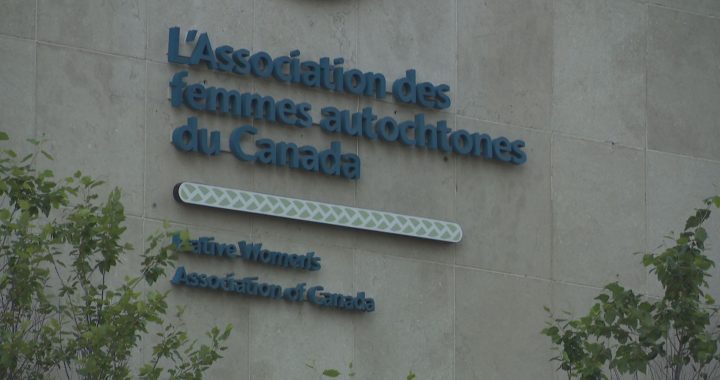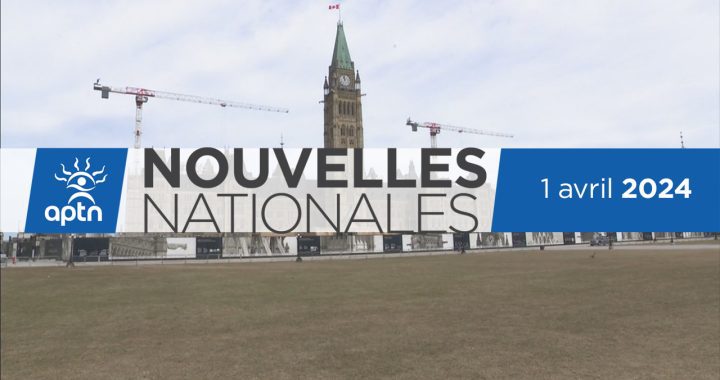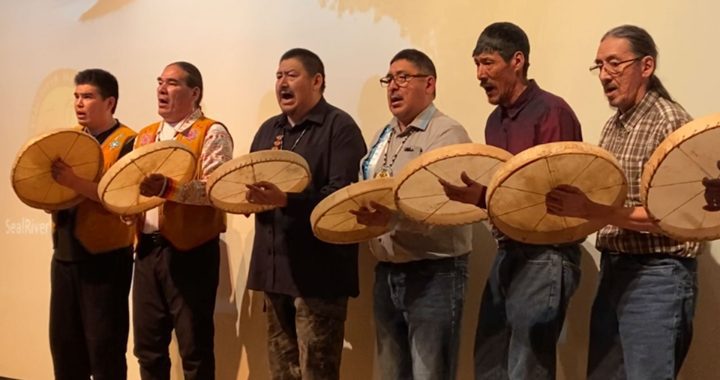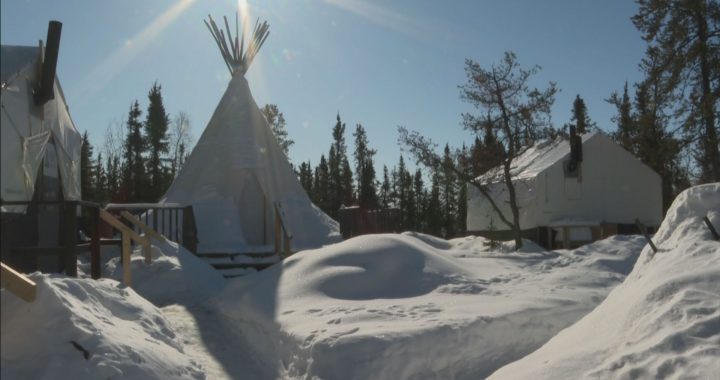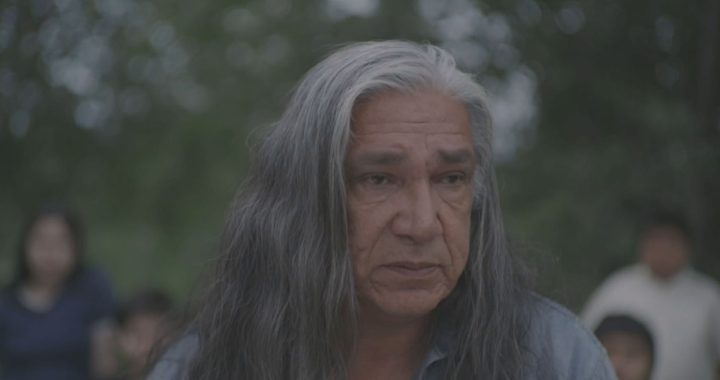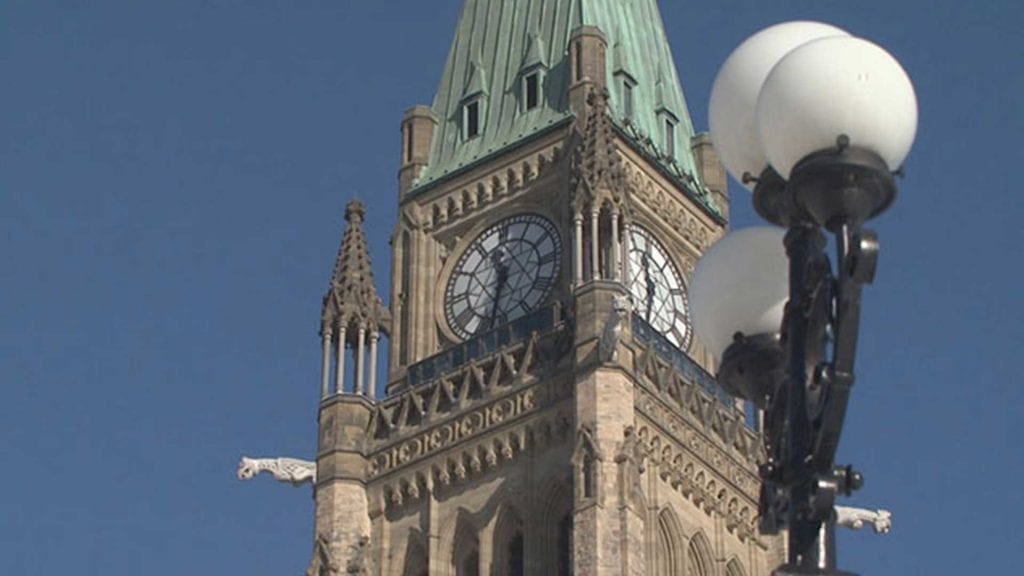
On Dec. 3, the Trudeau government, in its trademark style of symbolism over substance on Indigenous policy, and after only six weeks of selective behind the scenes “engagement” with National Indigenous organizations, the provinces and industry, introduced Bill C-15, the United Nations Declaration on the Rights of Indigenous Peoples (UNDRIP) Act, into Parliament.
Left out of this process, as they always are, were Indigenous rights holders—the actual Indigenous Peoples from across the country.
They were not consulted or even shown a draft before the Bill was tabled and now the Trudeau government is planning to rush Bill C-15 though the House of Commons in breakneck speed when it resumes in January 2021.
There is good reason for the government’s haste. They do not want to give Indigenous people—apart from the small crew of federally funded Indigenous leaders—time to look at this profoundly flawed Bill in detail.
Because once you look past the flowery words of the preamble, Bill C-15 is not only full of empty promises, it actually delivers the opposite of what the government and its team of Indigenous salespersons are promising.
This is the conclusion of a group of experts from several Indigenous Activists Networks, including lawyers with constitutional and international experience, who analyzed Bill C-15, and confirmed the following:
The preamble of Bill C-15 is meant to confuse and mislead Indigenous Peoples and Nations.
The government waxes poetic about how the “rights and principles affirmed in the Declaration constitute the minimum standards for the survival, dignity and well-being of Indigenous peoples of the world, and must be implemented in Canada.”
But this preamble is in fact not legally binding so courts will focus on the main deeply flawed sections one to seven;
If passed, Bill C-15 will be used by the government of Canada to reinforce the status quo because the Bill makes it clear that existing national laws—many of which violate Indigenous rights—will prevail over UNDRIP;
The main sections of Bill C-15, particularly section 2, maintain the common law interpretation of section 35(1) and section 35(2) of the Constitution Act, 1982, which is heavily based on the colonial Doctrine of Discovery, which strips Indigenous people of their land ownership and land rights;
The primacy of the Doctrine of Discovery means Canadian courts will continue to adjudicate using existing case law based on section 35 of the Constitution Act, 1982, and these rulings have caused major harm to the daily life for Indigenous Peoples and Nations including:
The imposition of Crown sovereignty over Indigenous peoples, including self-government rights;
Disregarding Indigenous laws and legal traditions;
Establishing that the Crown has “ultimate title” to land;
The burden of proof imposed on Indigenous Peoples and Nations to establish their rights in Canadian courts;
The ability for the Crown to infringe Aboriginal rights based on the “Sparrow test” that allows infringement of Aboriginal rights under all sorts of circumstances;
The erosion of the duty to consult and accommodate to nothing more than a procedural right that is reviewable based on administrative law principles.
Watch Darrell Stranger’s interview with Russ Diabo.
If Bill C-15 becomes law, all 46 Articles of the UN declaration will be interpreted and implemented through the colonial Canadian constitutional framework, instead of respecting international law regarding the rights of Indigenous Peoples.
For example, the international Indigenous right of self-determination (UNDRIP-Article 3) will be interpreted and implemented through the federal so-called ‘Inherent Right’ to self-government policy, which is not based on the international right of self-determination.
In fact, the federal ‘Inherent Right’ Policy states “The inherent right of self-government does not include a right of sovereignty in the international law sense…implementation of self-government should enhance the participation of Aboriginal peoples in the Canadian federation [as fourth level “Indigenous governments”]”. [emphasis added]
So UNDRIP will be used to justify the removal of Indigenous right to self-determination and with that all of the other promised rights of the UNDRIP – regarding restoration of stolen lands, territories and resources, or restitution for stolen lands and the articles requiring Free, Prior Informed Consent for developments on lands of Indigenous People’s would be meaningless.
In other words, by placing UNDRIP beneath existing Canadian law, they domesticate it out of existence.
Read More:
Battle brewing over UNDRIP: A primer on government Bill C-15
UNDRIP bill is the way forward says justice minister, while critic says it lacks clarity
In this sense, it follows the pattern set by the B.C. government’s Bill 41 UNDRIP law.
Using the same process, ignoring BC’s 203 Indian Act Bands and consulting only an Indigenous “Leadership Council”, the B.C. law has failed to protect Indigenous peoples and their rights.
We saw this in the case of the Wet’suwet’en Hereditary Chiefs who attempted to protect their pristine forests from a natural gas pipeline.
B.C.’s UNDRIP Bill was adopted in November 2019, but an injunction was issued against the Wet’suwet’en in January 2020, and despite just having passed the UNDRIP law, Premier John Horgan, whose government has provided massive subsidies to the natural gas pipeline project, launched a large scale RCMP operation to arrest and remove dozens of Wet’suwet’en from their lands along the pipeline route.
Like the B.C. UNDRIP law, the federal bill will not only leave Indigenous peoples exposed to armed assault on their own territory, it will negatively impact all aspects of their lives because the Bill keeps in place the colonial system of the Crown’s (federal, provincial, municipal) centuries old domination through its laws, including the Constitution Act 1867 and the Constitution Act 1982, which are based on the colonial Doctrine of Discovery while using UNDRIP to provide a cover for their oppression.
Based on our analysis we are strongly recommending Indigenous Peoples and Nations reject Bill C-15 and take action to stop Parliament from Passing it! Because it’s obvious AFN and many of our highly paid federally funded leaders singing in the Liberal Party chorus will not!
Russ Diabo, is a member of the Mohawk Nation at Kahnawake. He has worked for Indigenous rights for more than 40 years and has served at the Assembly of First Nations as an advisor to two national chiefs. As a writer and editor of the First Nations Strategic Bulletin he has been covering the development of Indigenous policy in Canada for the past 20 years and is recognized as one of the foremost Indigenous policy analysts in Canada.





